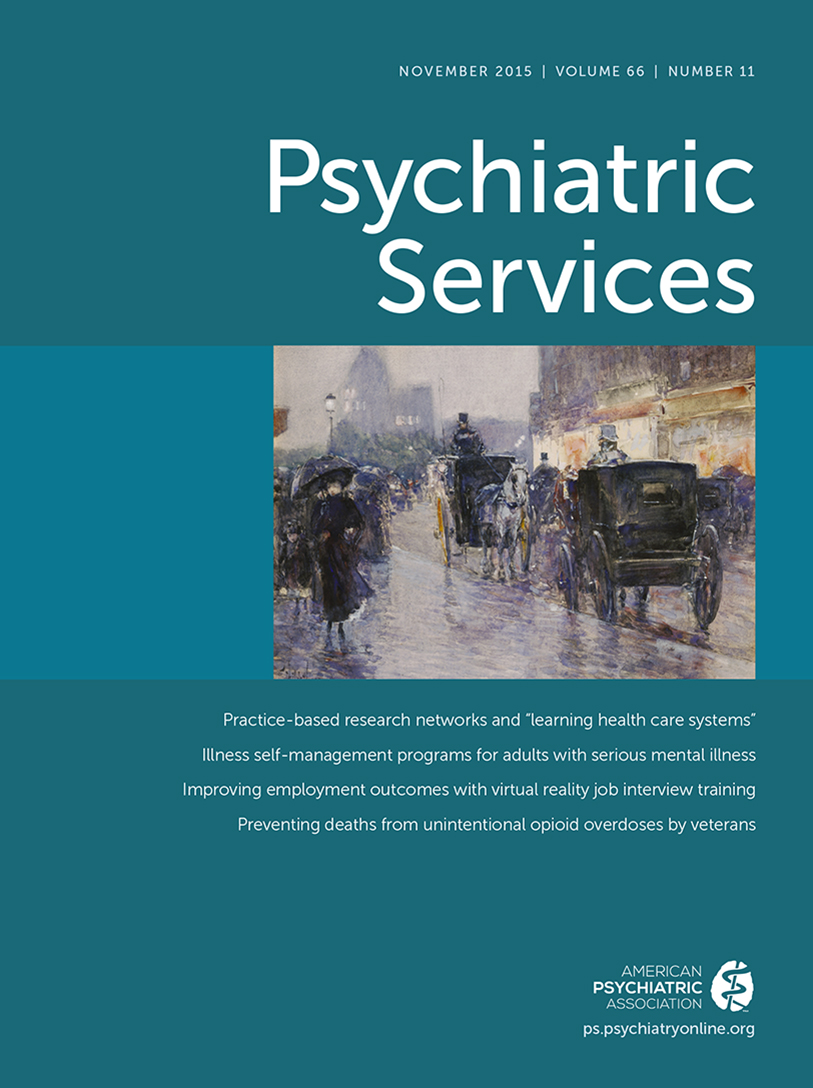Job Offers to Individuals With Severe Mental Illness After Participation in Virtual Reality Job Interview Training
Abstract
Objective:
Individuals with severe mental illness have low employment rates, and the job interview presents a critical barrier for them to obtain competitive employment. Prior randomized controlled trials (RCTs) indicated that virtual reality job interview training (VR-JIT) improved job interviewing skills among trainees. This study assessed whether VR-JIT participation was associated with greater odds of receiving job offers in the six-months after completion of training.
Methods:
To assess the efficacy of VR-JIT, trainees (N=39) in the method and a comparison group (N=12) completed a brief survey approximately six months after participating in the RCTs. Primary vocational outcome measures included receiving a job offer and number of weeks searching for employment.
Results:
A larger proportion of trainees than comparison participants received a job offer (51% versus 25%, respectively). Trainees were more likely to receive a job offer than comparison participants (odds ratio=9.64, p=.02) after analyses accounted for cognition, recency of last job, and diagnosis. Trainees had greater odds of receiving a job offer for each completed VR-JIT trial (odds ratio=1.41, p=.04), and a greater number of completed VR-JIT trials predicted fewer weeks of searching for employment (β=–.74, p=.02).
Conclusions:
Results provide preliminary support that VR-JIT is a promising intervention associated with enhanced vocational outcomes among individuals with severe mental illness. Given that participants had minimal access to standardized vocational services, future research could evaluate the effectiveness of VR-JIT among individuals with and without access to standardized vocational services as well as evaluate strategies to implement VR-JIT within a large community mental health service provider.



